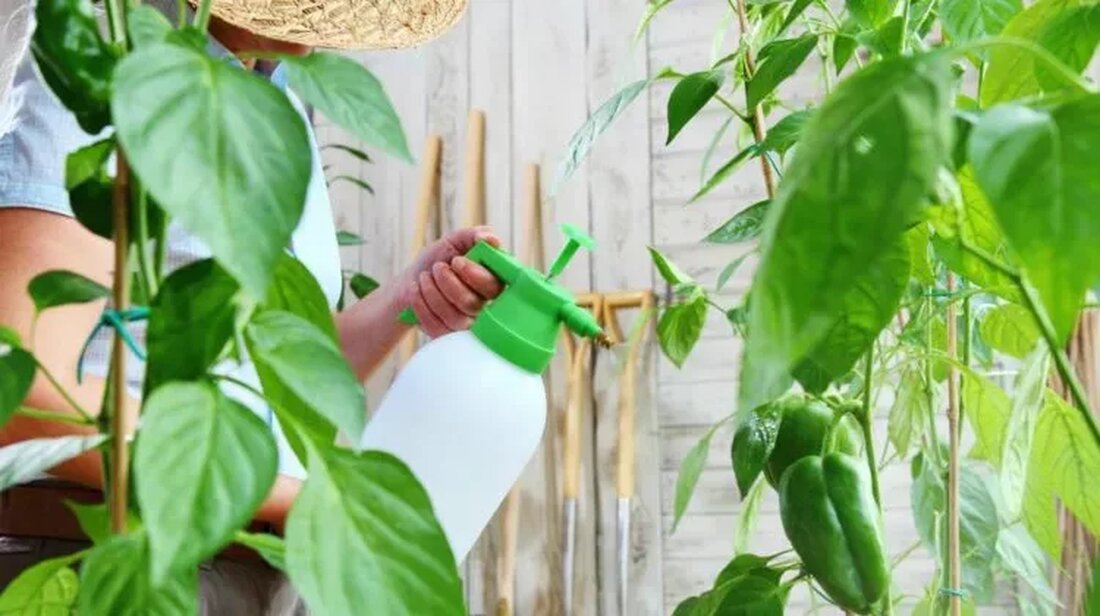Ways to stay healthy during Ramadan
During the month of Ramadan, it is important to maintain your health while fasting. To do this, the first thing you need to do is have a healthy eating routine. Healthy eating means eating a variety of foods that provide the nutrients (protein, fat, vitamins, carbohydrates and minerals) you need to keep you healthy, good and full of energy. Below are some ways or suggestions that can help you stay healthy during the holy month of Ramadan. • Similar to breakfast, Sahari is the first meal of the day in the month of Ramadan. Sehri will support you in maintaining your body until Iftar time...

Ways to stay healthy during Ramadan
During the month of Ramadan, it is important to maintain your health while fasting. To do this, the first thing you need to do is have a healthy eating routine. Healthy eating means eating a variety of foods that provide the nutrients (protein, fat, vitamins, carbohydrates and minerals) you need to keep you healthy, good and full of energy. Below are some ways or suggestions that can help you stay healthy during the holy month of Ramadan.
• Similar to breakfast, Sahari is the first meal of the day in the month of Ramadan. Sehri will help you hydrate your body until Iftar time. Remember that Sehri meals should contain carbohydrates, fiber and proteins.
• It is a good option to stay away from processed foods (such as sugar and white flour) as these types of foods can have higher calorie content due to the high amount of added sugar and fat. It also contains comparatively few nutrients.
• A diet full of fresh fruits and vegetables can help protect you from many diseases and can be a replacement for the junk food we eat regularly. They are an excellent source of essential vitamins and minerals and are high in fiber. It is recommended to choose fruits and vegetables that are full of water, such as melons, cucumbers, pumpkins and squash, etc.
• Eating a lot at Iftar time is not good for your health. However, you may feel like eating a lot at Iftar time. So it's better if you don't rush while eating. You can start with few dates and then drink water. Everyone knows that dates are a good source of energy and are also beneficial in the digestive system.
• During the holy month of Ramadan, due to the long fasting period, it is important to drink plenty of fluids, mainly water. Sources of fluids for the body include water, juices and soups. So remember that you need to drink at least 7-8 cups of water regularly during Ramadan.
1. To stay hydrated you need to avoid caffeine because it is the worst. If you generally consume caffeinated drinks such as tea, coffee and cola during the day, the lack of caffeine during fasting can initially lead to headaches and tiredness.
2. Secondly, you should also avoid fried foods. Because this type of food is high in fat, calories and salt. According to a study, fried foods are often linked to serious health problems such as diabetes and heart disease.
In my opinion, you should consult a specialist before Ramadan if you are elderly or suffer from diseases such as diabetes, and the same advice must be followed for pregnant women. Therefore, follow the above suggestions or ways to keep yourself fit and healthy during Ramadan.

 Suche
Suche
 Mein Konto
Mein Konto
